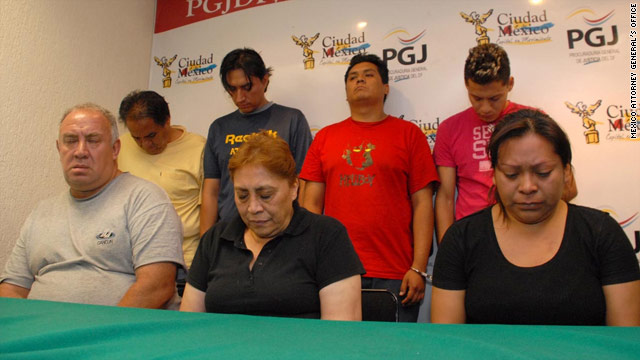By Brittney Hodnik
Impunity Watch Reporter, North America
GUATEMALA CITY, Guatemala – Guatemalan officials have detained Hector Mario Lopez Fuentes, a retired general and former head of the armed forces in Guatemala. He allegedly played a pivotal role in a number of massacres that occurred during the Guatemalan Civil War. Many hope the arrest will provide closure for thousands of families across the country.

Between 1960 and 1996, Guatemala underwent a violent civil war in which security forces killed an estimated 200,000 people. The large majority of victims were indigenous Mayan Indians and other innocent civilians. Mario Minera, a rights activist told the Associated Press “this opens the possibility that there could be justice for hundreds of families” and possibly an explanation.
General Fuentes, now 81 years old, faces charges of genocide and forced disappearance – a crime in which the victim has never been found. Additionally, human rights groups are accusing him of crimes against humanity generally.
As reported by BBC News, Guatemala’s office of public prosecutions claims that Fuentes is the driving force behind the killings of more than 300 landless Mayan civilians in 1982 and 1983. While the security forces are to blame for the majority of the actual killings and disappearances, Fuentes stands accused of orchestrating it all.
According to Amnesty International, Fuentes held the title of military Chief of Staff – the third highest-ranking official in the country – under then-President, General José Efrain Ríos Montt. Montt is currently awaiting criminal prosecution himself. As of now, he enjoys immunity from prosecution while serving a term as a Congressman. Montt told a local radio station, “it was a time of war, of guerrilla wars,” and is reportedly willing to face justice for his actions in the early 1980s.
International Business Times reports that Fuentes is the highest-ranking former government official so far to be charged with such crimes related to the civil war.
Sebastian Elgueta, Central America Researcher at Amnesty International, described the arrest as a “major step toward justice for the hundreds of thousands of victims of grave human rights abuses. . . ” Elgueta believes that in order for justice to prevail, authorities should punish not only the soldiers, but also the masterminds behind these atrocities.
Guatemalan authorities have arrested other former military and police officials in recent months for their involvement in human rights abuses. “But,” said Elgueta, “most of those who planned and carried out the worst abuses are still at large and must be brought to justice.”
For more information, please see:
Amnesty International – Guatemala Arrests Former General for Genocide – 20 June 2011
BBC News – Guatemala: Ex-Armed Forces Chief Lopez Fuentes Arrested – 18 June 2011
International Business Times – Former Guatemalan Army Chief Arrested for War Crimes – 18 June 2011
The Sacramento Bee – Guatemala Arrests Ex-General in 1980s Killings – 17 June 2011



